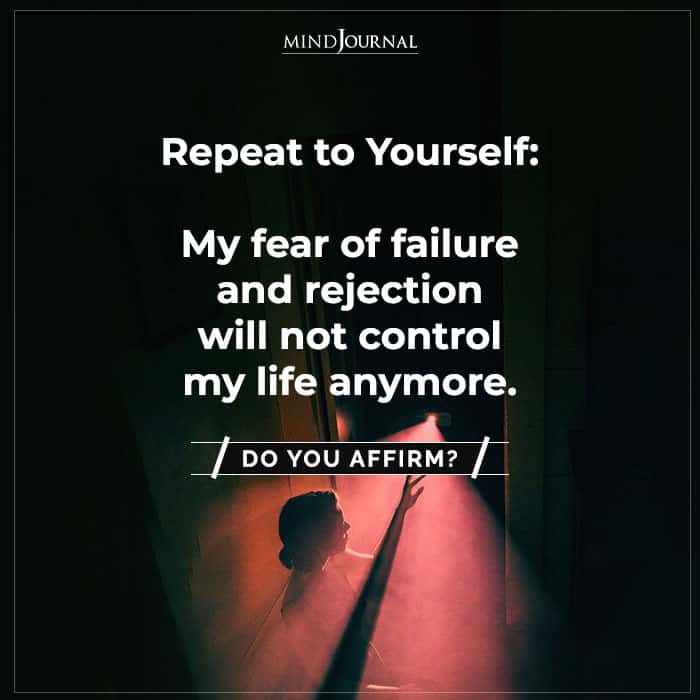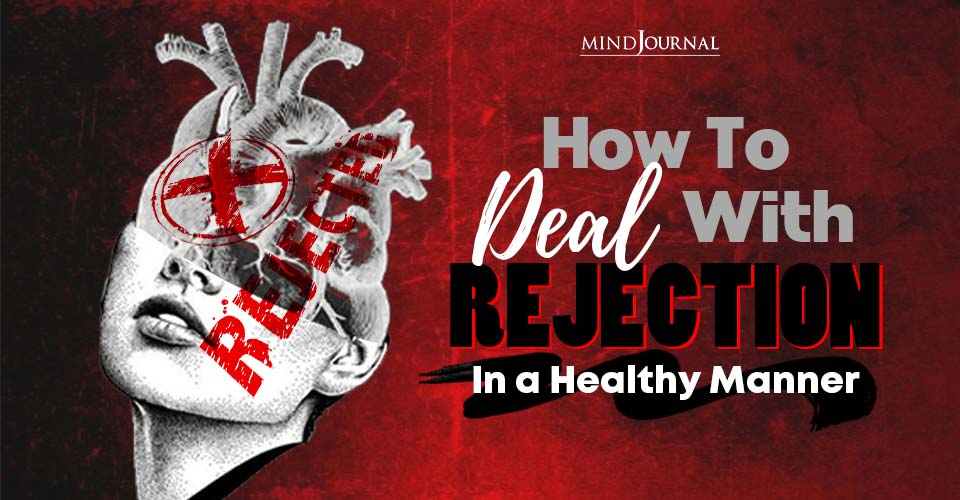Did you know that how you respond to rejection can have a big impact on your future? Learn how to deal with rejection in a healthy way and why these emotions can be so painful.
Rejection triggers feelings of shame that one can heal with new activities.
KEY POINTS
- Rejection can induce stomach aches, fatigue, physical pain, and deep sadness.
- Rejection often triggers shame which motivates further social isolation.
- Seeking a new tribe offers the opportunity for different social connections and healing experiences.
A patient I’ll call Marta, a forty-two-year-old bookkeeper, recently divorced her husband after a 10-year marriage. Her husband had engaged in an affair with a friend in their close group of coupled friends. After she found out about the affair, she was devastated to learn that several of her friends knew it had been going on for two years. Not one of them told her about the betrayal of trust.
“I feel like such a fool. Everyone knew about the affair but me. We went on vacations together! I can’t look at any of them now. He can have those friends. None of them really cared about my feelings, or they would have told me. Now I feel like I have no one,” she said.
Marta felt rejected and betrayed by her husband and intimate group of friends. Marta had behaved with integrity in her marriage and friendships, yet she blamed herself for trusting those who betrayed her.
Related: Brain Research Shows Rejection and Physical Pain Are Almost Same
Even small rejections, like being the only one not invited to a work lunch, can feel painful. When a friend or family member stops returning our calls, it can feel like a stinging open wound to the heart. Stomach aches, fatigue, physical pain, and deep sadness accompany the loss of our significant relationships. Emotional distress often appears as anger, sadness, and anxiety (Lieberman 2013).

When we lose connection with others, as in divorce, we feel shame. We feel shame when rejected or when excluded from a group. It can feel like banishment from our comfortable tribe, leaving us alone to wander in the wilderness.
Most people describe shame as wanting to “fall into a hole” or “disappear.” That desire to hide appears to stem from survival instincts built into the human brain (Lanius, Terpou and McKinnon 2020). Embarrassment, humiliation, and shame make us feel like we are unacceptable to others. We feel like we do not belong.
Shame activates our pain receptors and makes us feel agitated, angry, and defensive. Shame also amplifies our sensitivity to threats (Pulcu, et al. 2014).
If you feel shame, you are not alone. You are human. Mother Teresa said, “If we have no peace, it is because we have forgotten that we belong to each other.” It is important to remember that you belong here, too.
Related: 8 Little Reminders For People Struggling With Rejection
A Healthy Response To The Pain Of Shame
During times of significant loss and shame, we retreat into our turtle shells to feel safe. I hear my clients say they stay away from others because they do not want to bring anyone down. It can be hard to face people when we feel bad. Threats to our standing in our social group or family can often feel like threats to our existence.
Shame, and its cousin guilt, are two self-conscious emotions (Michl, et al. 2012). When we feel shame, we become very self-focused. We lose bandwidth for empathy. We assume others will find us unacceptable. Sometimes we get mad and push others away.
The experience of feeling useful, productive, playful, and connected changes our perspective. If we feel rejected by one part of our community, it is healing to experience acceptance by another. While it might feel very difficult to begin to connect with others again, remember that every person is a new universe. Seeking out new, rewarding relationships can help us heal from loss and rejection.
How To Deal With Rejection?: Find A New Tribe
One healthy way to cope with rejection is to focus on an activity that you care about that connects you with others. Ask yourself the following three questions:
- What activities do I enjoy that involve others? (Sports, video games, music, book club, dance, volunteering, religious services, political campaigns, social clubs, art classes, educational programs.)
- Which of the above do I feel is most important to me right now?
- What action can I take today to join that activity?

Marta took some time to journal about the pain of her multiple losses. I asked her what she had learned from this shattering experience. “I thought I had to be what others wanted. I rejected parts of myself to please others. In the end, it got me nothing but pain,” she said.
I asked her “what parts did you reject?”
“I always did the things my husband wanted to do. I have always loved music. I love singing, but I’m scared to get in front of people. As a child, I loved the youth choir. Since then, I haven’t done anything,” Marta said.
I recommended she investigate joining a choir. Even though she was scared, she was tired of feeling lonely. “I need to start doing things for myself now. My husband called all the shots. Now, I must be brave enough to do what I want to do on my own,” she said.
Marta auditioned for a local choir and was accepted. That action changed her life. A year later, Marta was singing lead parts in her choir performances. “I’m so excited that I was invited to sing on a professional recording for the choir!” she exclaimed. Marta had found a new tribe where she could freely express her love of music.
When you focus on creating new connecting experiences, you will respond in a healthier way to shame. Acting on something you value moves you in the direction you want to go. You will observe progress. As new connections form, opportunities for happiness grow.
Related: Rejection: Why You Must Not Let Others Behavior Affect Your Self Worth
References
Lanius, Ruth A. et al. The Sense of Self in the Aftermath of Trauma: Lessons from the Default Mode Network in Posttraumatic Stress Disorder. European Journal of Psychotraumatology. 2020. 11(1). 1-11. doi.org/10.1080/20008198.2020.1807703.
Pulcu, Erdem, et al. Increased Amygdala Response to Shame in Remitted Major Depressive Disorder. PLoS One. 2014. 9(1). 1-9. doi:10.1371/journal.pone.0086900.
Michl, P. et al. Neurobiological Underpinnings of Shame and Guilt: a Pilot fMRI study. Social Cognitive and Affective Neuroscience. 2012. 9(2). 150-157.
The feeling of being rejected is painful but you need to learn how to overcome rejection by making newer and healthier connections in your life. Let us know your thoughts by dropping a comment below!
Written by: Gina Simmons Schneider Ph.D. Originally appeared on: Psychology Today Republished with permission
Is rejection the same as physical pain?
Small rejections can feel painful like a stinging open wound to the heart. It induces stomach aches, fatigue, physical pain, and deep sadness. It can often triggers shame which motivates further social isolation.
How to handle rejection?
One healthy way to cope with rejection is to focus on an activity that you care about that connects you with others.










Leave a Reply